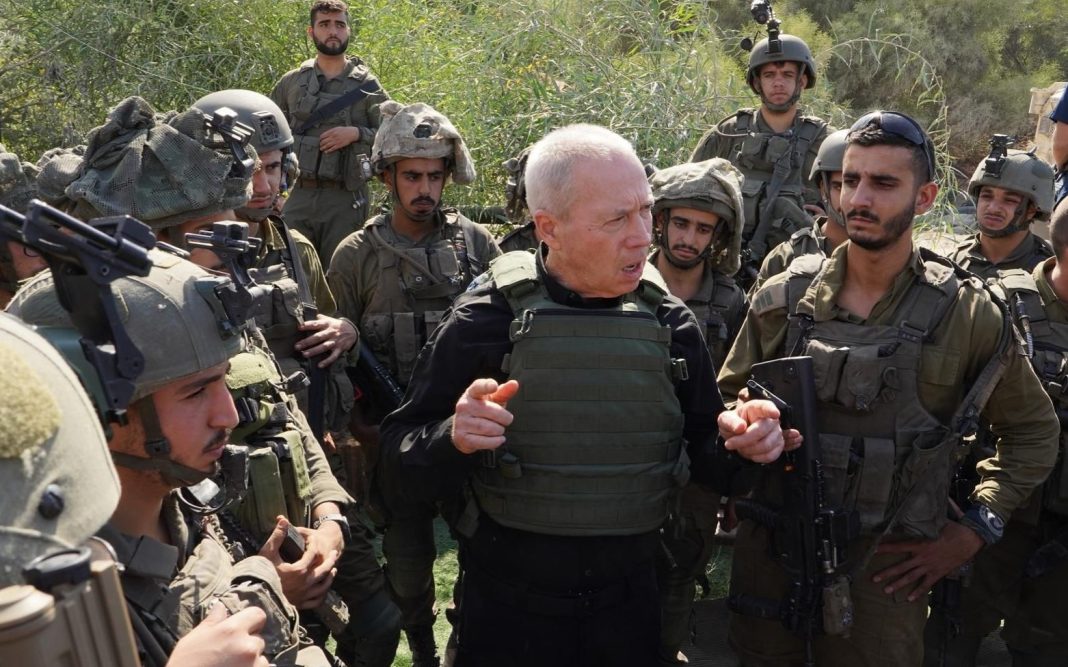“We have no interest in a war in the north. We don’t want to escalate the situation,” Gallant told reporters.
“If Hezbollah chooses the path of war, it will pay a very heavy price. Very heavy. But if it restrains itself, we will respect that and keep the situation as it is,” Gallant added, noting that there had been exchanges of fire across the border.
Following the recent exchanges of fire along the Israeli-Lebanese border, the so-called Israel Defense Forces warned the Lebanese group Hezbollah to “watch very closely what is happening to Hamas”.
“With Hezbollah, we have had several skirmishes along the border over the last few days,” IDF spokesperson Lt. Col. Peter Lerner said in an interview with ABC’s “This Week” program on Sunday.
“Even today, during the day, we’ve had anti-tank guided missiles fired at forces indeed causing some casualties. So, we need to be prepared,” Lerner stated.
On Sunday, Hezbollah launched an attack on the northern Israeli town of Shtula, killing one Israeli, according to medics.
Hezbollah announced Sunday’s attack was launched as a response to the killing of a Reuters journalist during Israeli shelling in Lebanon.
“I would highly recommend that Hezbollah watch very closely what is happening to Hamas and their organization in Gaza as we speak,” Lerner added, stressing the militant group should be “very cautious of crossing that threshold.”
This fighting is centered on northern Israel and southern Lebanon — separate from Israel’s fighting with Hamas farther south, which is centered around Gaza.
But an uptick in clashes with Hezbollah has raised fears the powerful Lebanese group could actively participate in the conflict. Hezbollah has unambiguously supported the Palestinian fighters and roundly condemned Israel’s large-scale airstrikes on Gaza, but it has not intervened on behalf of Hamas so far.
